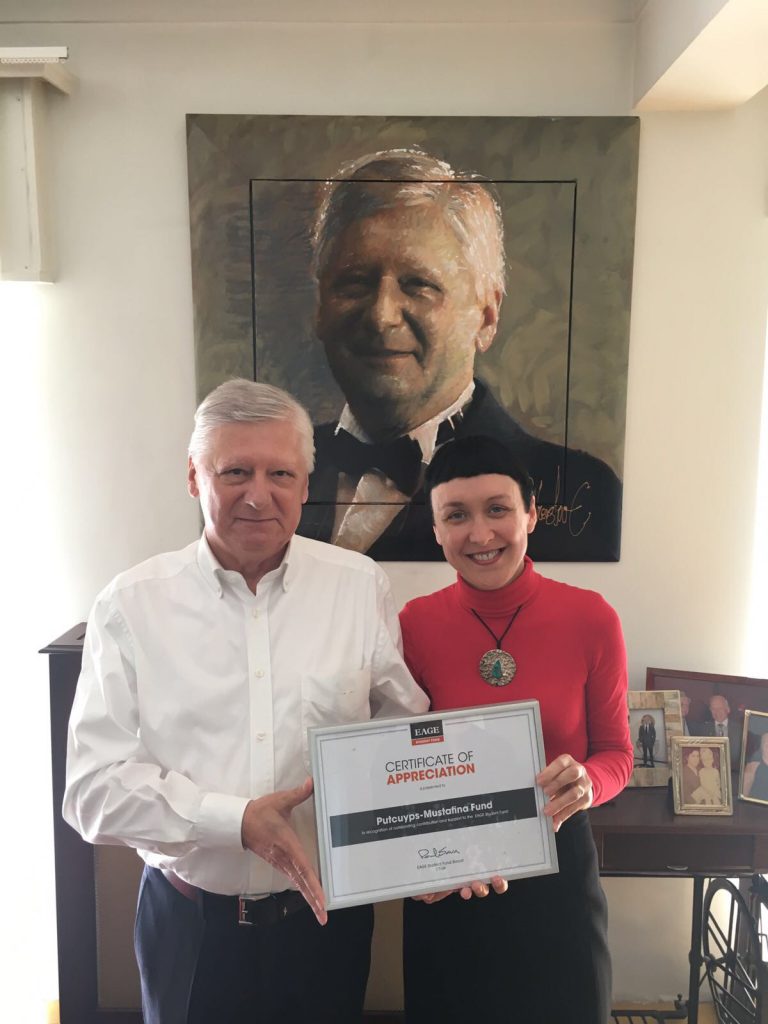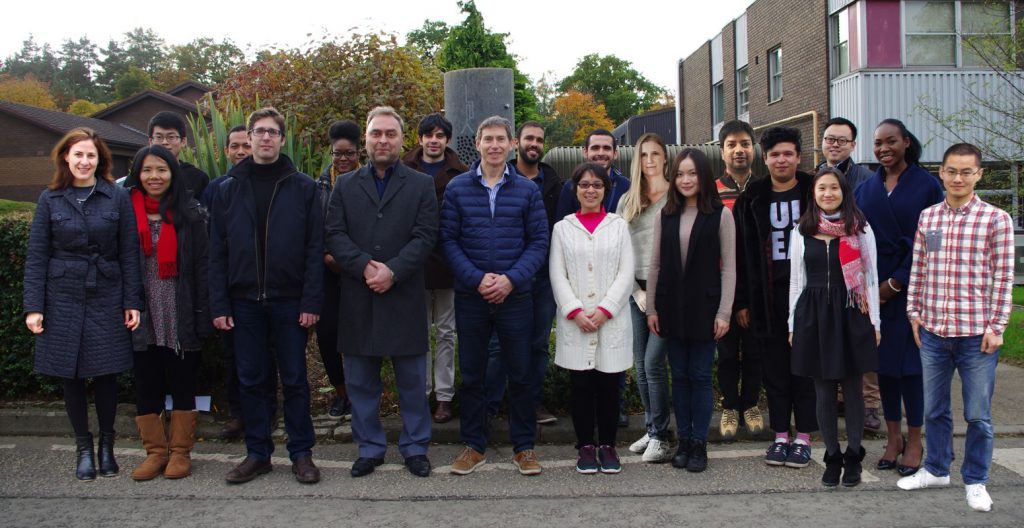27 June, 2019
With the summer upon us, many students will be going through their
exams or work on essays and dissertations. Good luck to you all! We hope
your experiences with the EAGE Student Fund will help you to get the best results possible.
For many of students, this is also the moment to learn about where and
when you will be able to start with post-graduate degrees. Are you starting
a MSc or PhD in September? Or continuing your course for another year?
Make sure you know how the ESF can help. Here’s three ways to prepare
yourself for your next degree with the help of the EAGE Student Fund.
1. Sort out the groundwork for a student chapter
Are you starting a course at a university without a student chapter? The
summer is a great moment to set out the preparations for this. With many
universities offering orientation programmes at the start of the course, you
will have a chance to get like-minded peers involved.
Interested to get started? Find a faculty advisor at your (new) university,
read up on the procedure to get started and drop us an email at
info@eagestudentfund.org.
2. Read up on conference opportunities
What better way to inform people about your research than a presentation
at an international workshop of conference? Make sure you read up were
you have the best fit to present your research. Maybe EGU would be perfect
for you, maybe an SEG or EAGE conference. Many associations offer
support for students to present their research. The ESF may be able to
provide support for your conference attendance of EAGE meetings. Make
sure you familiarise yourself with the options available to you!
3. Participate in the 2020 Laurie Dake challenge
Becoming one of the finalists (and maybe even winning!) the Lauri Dake
challenge is certainly a great way to wrap up your studies! The challenge
takes a lot of work (after all, it is supposed to be a challenge!) but gives you
tons of experience working in multidisciplinary teams on real datasets.
Enrolment for the next Laurie Dake challenge will launch early in the
academic year. Make sure to keep an eye out for this via the
EAGEstudentfund.org website, the EAGE Students Facebook updates and
EAGE.org.

